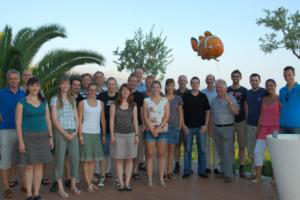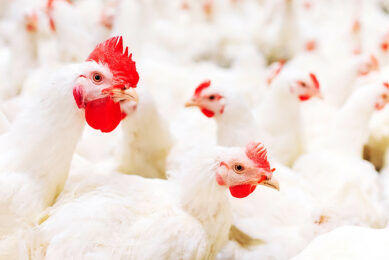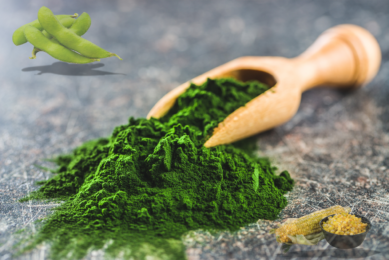Update: Biorigin and the Nemo project

For the last four years, Biorigin’s leading ß-glucan product MacroGard has been the subject of a European Marie Curie ITN project known as NEMO. Researchers in the NEMO project have been investigating the capabilities of beta-1,3/1,6-glucan, MacroGard to balance the immune system and its application in aquaculture. As the project draws to a close, what has this project meant for Biorigin and the aquaculture industry?
NEMO, whose full title was ‘Training network on protective immune modulation in warm water fish by feeding glucans’, was a 4 year project (2008-2012) to investigate various aspects of β-glucan activity in fish. Across the partners, 16 researchers were employed. Table 1 summarises the partners and researchers of the NEMO project.
Technical information and support was co-ordinated by Managing Director Rolf Nordmo.With a growing global demand for food protein and the immense growth of the aquaculture industry in the last few decades, there has beenfresh impetus for the research and development of substances beneficial for fish health and that could help control the frequent disease outbreaks in aquaculture. β-glucans were a prime candidate for further research.
Those involved in the NEMO project have been investigating MacroGard’s role and effect on, for example, gene expression, innate phase proteins, cell apoptosis, gut physiology, membranal composition, the inflammatory response, binding mechanisms, neutrophil extracellular traps (NETs) and wound healing. Fours years on, as the NEMO project draws to a close, there have been many interesting and exciting new discoveries with regards to MacroGard.
NEMO has been a very valuable project for Biorigin. Not only has it generated further documentation for MacroGard, supporting it as the most documented β-glucan for use in animal feed, but is has highlighted new areas that could benefit from β-glucan application and kept Biorigin at the forefront of β-glucan research. The NEMO project enabled research on a large scale over a relatively short period of time and the dissemination of recent findings across European feed and aquaculture industries. Biorigin and the NEMO group have attended and participated in many events over the last four years. Key events have included the 15th conference of the European Association of Fish Pathologists (EAFP) in September 2011 and a conference entitled ‘Prebiotics and probiotics in medicine, veterinary sciences and aquaculture: the future’ held at Keele University, September 2012.
Many papers have already been published by the NEMO group in highly acclaimed journals, and many more are expected in the near future. In a broader spectrum, as the knowledge of β-glucans grows, so does the acceptance of their immunomodulating capabilities and their potential as a natural, sustainable method for maintaining healthy livestock and increasing productivity. This could have significant impact in increasing turnover for related industries, enhancing cost-benefit for the end users (farmers) and contributing to meeting growing global food demands.











